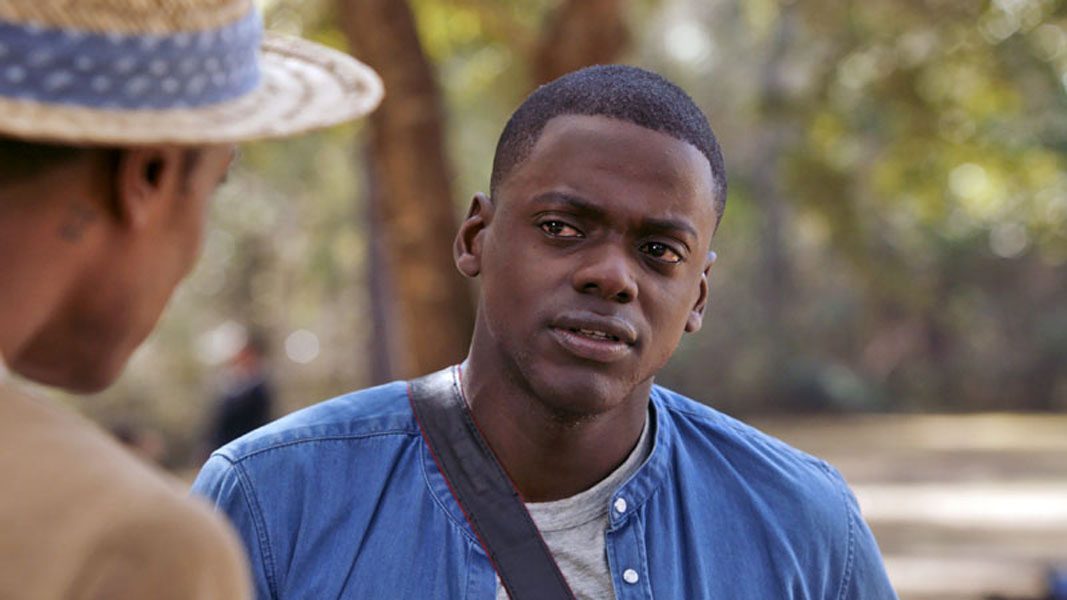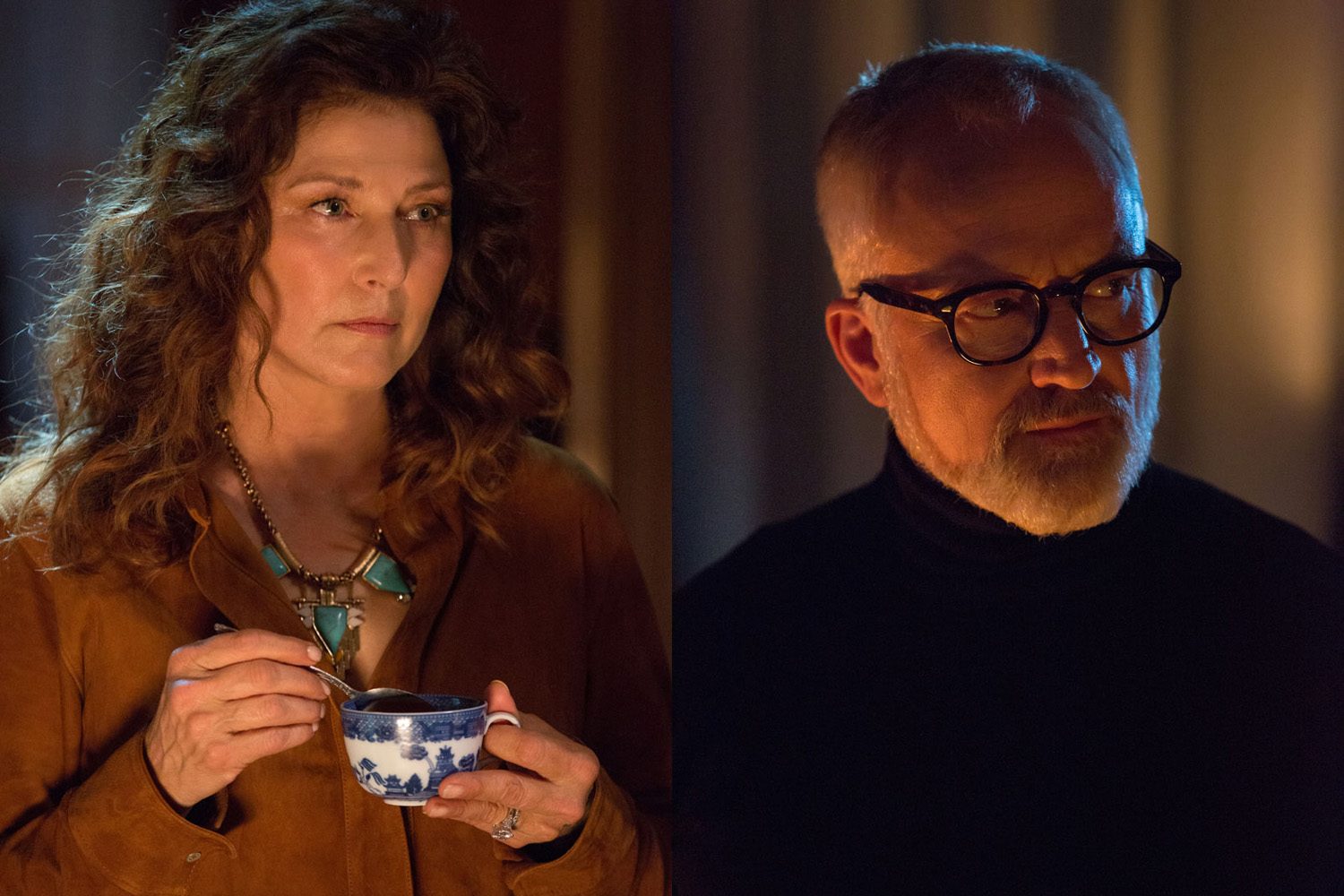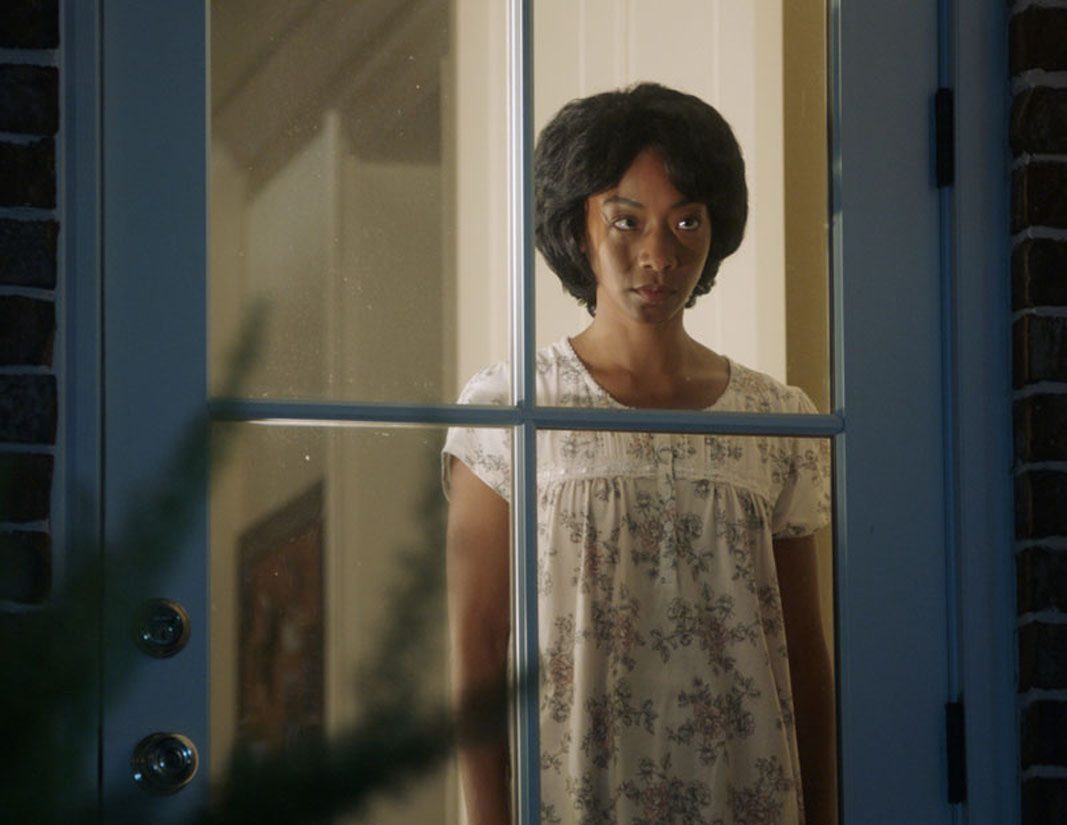SUMMARY
This is AI generated summarization, which may have errors. For context, always refer to the full article.

Race exists. Even in this age when we are supposed to be blind when it comes to the color of everybody else’s skin, it is still paramount that race should be acknowledged because to simply discard it as a matter of advocacy is to neglect histories of pain and struggle within a world that is patently unfair. That is the hard truth that is at the center of all the of Jordan Peele’s taut and vastly important thriller Get Out.
Not stereotypical racists
The villains in the film are not the stereotypical racists, those who unapologetically throw around hateful words in their staunch belief that there is a hierarchy when it comes to skin color.

They are not intolerant. They’d vote for Obama if it was only possible to elect a president for a third term. They are not averse to having romantic relations with people from a different race. In fact, they want to live as them, in possession of all their genetic material.
In a way, Get Out confronts not the racism that is easy to confront, the one that is without a doubt objectionable and wrong. What the film targets is the type of racism that hides underneath fashionable slogans of tolerance and sameness, except that what is simmering underneath is a mentality of whitewashing and forgetting centuries of race-based privilege and oppression all for the sake of shallow political correctness. The racism that is at the center of Peele’s film is alive, kicking and equally dangerous.
Get Out introduces Chris (Daniel Kaluuya), an African-American photographer and his girlfriend Rose (Allison Williams) as the former is having the jitters since he will be meeting the latter’s very suburban family for the first time. “Do they know I’m black,” he asks. Rose comforts her boyfriend with an answer that most progressives would take pride in. Does race even matter?
Somewhat placated but still guarded, Chris is then spirited away to an affluent neighborhood where the only African-Americans in sight are two servants who joyfully serve their masters with Stepford wife-like subservience and efficiency. At once, the film etches suspicions from an environment that is supposed to represent the paragon of the philosophies of America done right – its prosperous and upscale suburbs.
Terror out of small things

Strange things start occurring.
Mind you, Peele is clever enough not to immediately bombard his film with bizarre events, although Get Out certainly paves its way towards very outrageous territories. He takes his time, and teases with fantasies of normalcy. He focuses his attention on the little things, everyday moments whose slight awkwardness provoke subtly but surely.
The film etches horror and suspicion out of smartphones that are mysteriously removed from their charging stations, of how characters eat their breakfast cereals while scanning the Internet for profiled targets, of being the odd man, of being the obvious minority. Get Out echoes the terror of being constantly guarded, despite all semblances of peace, that an entire race has experienced and continues to experience.
Ingeniously crafted

Get Out is reminiscent of Robin Hardy’s The Wicker Man (1973) in the way it shrouds its scares and discomfort with the feeling of unease amidst the strangeness of other folks. It is tense when it needs to be, but also relaxes with apt moments of humor. Peele has ingeniously crafted a defiant genre picture that astounds even without its trappings of obvious relevance. – Rappler.com

Francis Joseph Cruz litigates for a living and writes about cinema for fun. The first Filipino movie he saw in the theaters was Carlo J. Caparas’ ‘Tirad Pass.’ Since then, he’s been on a mission to find better memories with Philippine cinema.
Add a comment
How does this make you feel?
There are no comments yet. Add your comment to start the conversation.